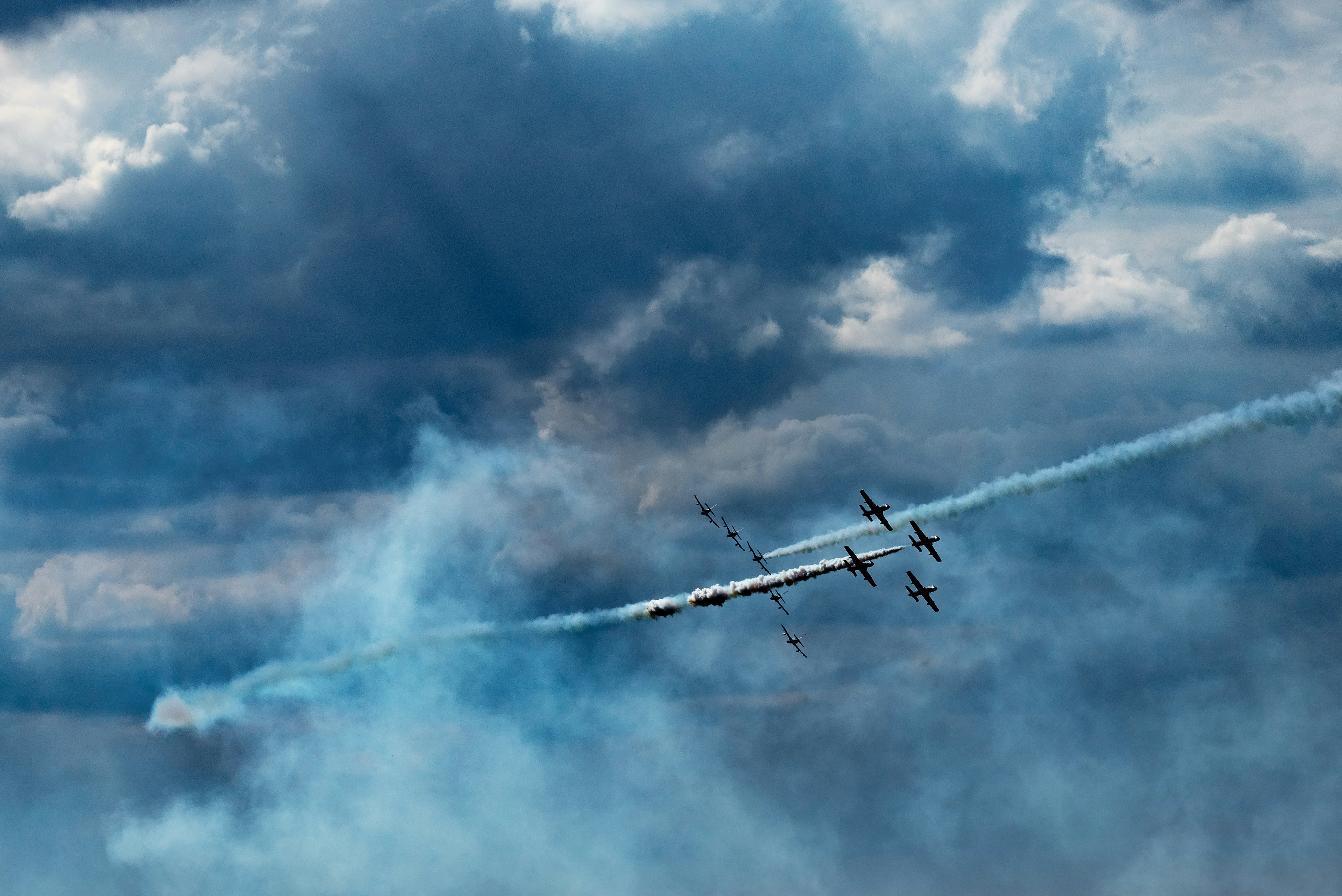Israel Targets Hizbullah In Beirut: Airstrikes Hit Intelligence HQ And Weapons Facility

On Sunday, Israel conducted a series of airstrikes on Beirut, targeting key Hizbullah military installations. Among the sites hit were the militant group’s intelligence headquarters and an underground weapons workshop, according to a statement from the Israel Defense Forces (IDF). These strikes represent a significant escalation in the ongoing conflict between Israel and Hizbullah, amid rising regional tensions.
Details of the Airstrikes
The Israeli airstrikes began early Sunday morning, focusing on specific areas in the Lebanese capital known for hosting Hizbullah infrastructure. According to the IDF, the attacks were aimed at disabling Hizbullah’s intelligence network and disrupting its weapons manufacturing capabilities. The underground facility was reportedly used to produce advanced weapons intended for future confrontations with Israel.
While Israel confirmed the destruction of its targets, details regarding casualties on the ground remain unclear. Local Lebanese media reported damage to nearby buildings, but no official figures have yet emerged on civilian or military losses. This latest round of strikes marks a significant blow to Hizbullah's operations in Beirut, with Israeli military officials claiming the attacks were critical to neutralizing long-term threats from the group.
Hizbullah’s Response
Hizbullah has yet to issue a formal statement regarding the airstrikes, but sources close to the group indicated that retaliation could be forthcoming. In previous instances of Israeli attacks on its infrastructure, Hizbullah has responded with rocket fire into northern Israel or by orchestrating attacks on Israeli interests in the region. Analysts believe that the group’s reaction may come in the form of guerrilla-style attacks or by intensifying its military activities along the Israel-Lebanon border.
The airstrikes also raise the possibility of Hizbullah adjusting its strategy, potentially shifting its intelligence operations and weapons development further underground or outside of the densely populated Beirut area to avoid future attacks.
Broader Regional Context
The airstrikes in Beirut are part of a broader Israeli strategy to weaken Hizbullah’s military capabilities and limit its influence in Lebanon. Israel and Hizbullah have been in a state of near-constant tension since the 2006 war, with periodic flare-ups of violence. Hizbullah, backed by Iran, remains a dominant military and political force in Lebanon, and its role in the Syrian civil war has only strengthened its position as a key regional player.
Israel views Hizbullah as one of the greatest threats to its security, especially given the group’s stockpile of rockets and advanced weapons. These latest strikes are in line with Israel’s long-standing policy of preemptive attacks on Hizbullah targets to prevent the group from growing stronger and posing an even greater danger to Israeli territory.
International Reactions
The international community has reacted with concern to the continued escalation between Israel and Hizbullah. Both the United States and the European Union urged restraint, calling for a diplomatic solution to avoid further violence. Meanwhile, Lebanon’s government condemned the Israeli strikes, describing them as a violation of Lebanese sovereignty. The United Nations also weighed in, urging both parties to avoid actions that could lead to a broader conflict in the region.
As the conflict intensifies, efforts to de-escalate the situation remain critical, though past diplomatic interventions have often struggled to prevent the cycle of violence between Israel and Hizbullah from repeating.
Impact on Civilians and Lebanese Infrastructure
While the airstrikes targeted Hizbullah’s military installations, their impact on the civilian population cannot be ignored. The densely populated nature of Beirut means that strikes on militant targets often result in collateral damage to nearby homes and businesses. Preliminary reports indicate that several buildings surrounding the intelligence headquarters were damaged, raising concerns about the potential humanitarian impact of further strikes.
The destruction of key infrastructure could also have a long-term effect on Beirut’s already fragile economy, which has struggled to recover from recent political instability and the 2020 port explosion. Repeated airstrikes risk worsening living conditions for Lebanese civilians, adding to the growing list of challenges facing the country.
Conclusion
Israel’s latest airstrikes on Hizbullah targets in Beirut mark a significant moment in the ongoing conflict between the two. By targeting Hizbullah’s intelligence operations and weapons manufacturing facilities, Israel is aiming to weaken the group’s ability to pose a military threat. However, the potential for retaliation from Hizbullah and the broader regional implications cannot be underestimated.
As the conflict between Israel and Hizbullah continues to unfold, the risk of further escalation looms large, with civilians in Lebanon and the broader Middle East likely to bear the brunt of the ongoing violence.
Author: Ricardo Goulart
The Self-Destructive Nature Of Anti-Tourism Protests: Balancing Resident Concerns With Tourism Benefits
In recent years, anti-tourism protests have become increasingly common across popular tourist destinations. From the Bal... Read more
Military And Strategic Implications Of The Ukrainian Drone Attack In Kursk
On a recent morning, the Kursk region in south-western Russia witnessed an unexpected and significant event: a Ukrainian... Read more
Chinese Tech Stocks Gain Ground Despite Wall Street Technology Sell-Off
Chinese tech shares in Hong Kong gained on Friday, defying a technology stock sell-off on Wall Street, driven by strong ... Read more
Defense Pact Between Britain And Germany: A Focus On Cybersecurity And Joint Operations
In a move set to redefine European defense collaboration, Britain and Germany have signed a comprehensive defense pact a... Read more
US Secret Service Director Steps Down After Trump Assassination Attempt
Security lapses admitted by Kimberly Cheatle prompt resignation.Kimberly Cheatle, the head of the US Secret Service, has... Read more
Kamala Harris Promises A Brighter Future In Official Campaign Launch
In a vibrant and impassioned campaign launch, Vice President Kamala Harris vowed to lead America toward a "brighter futu... Read more

